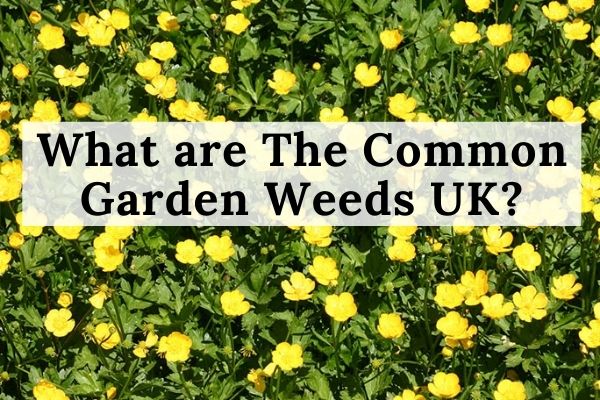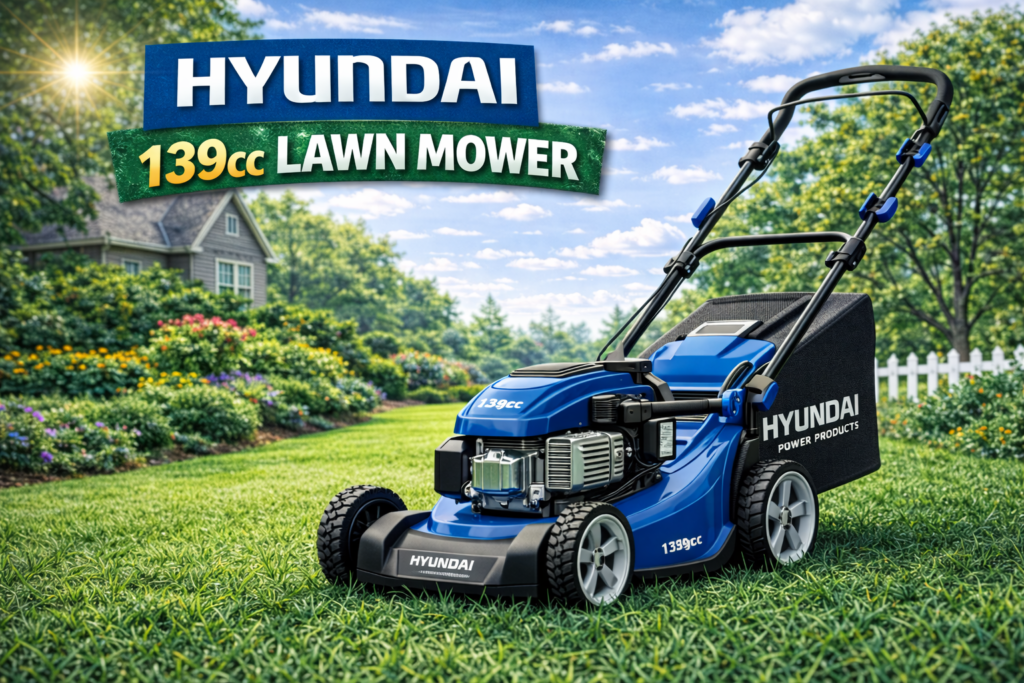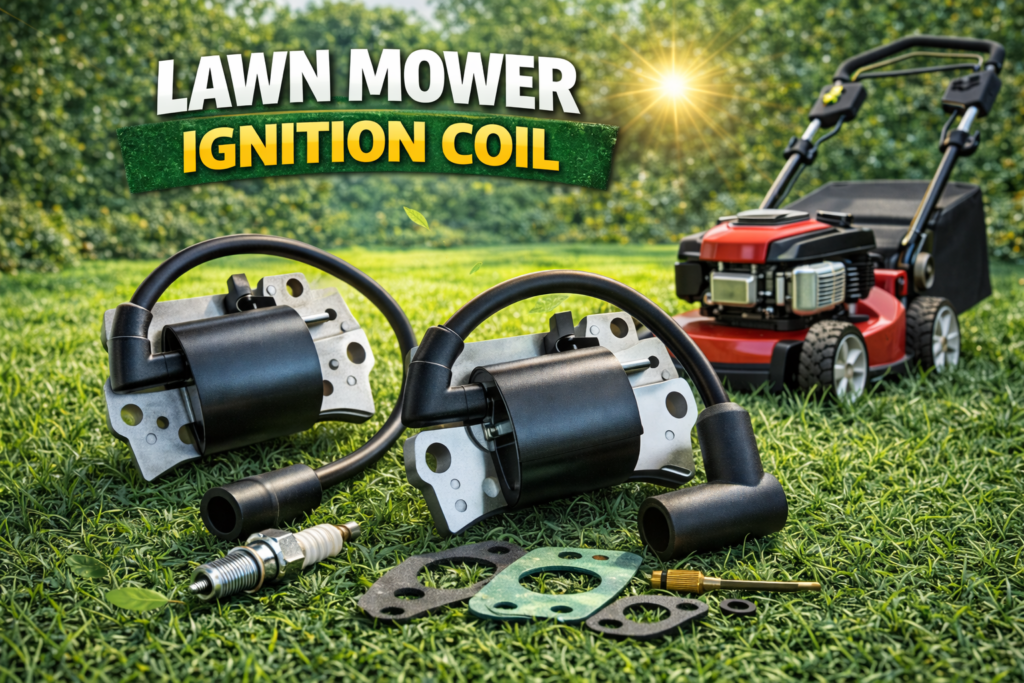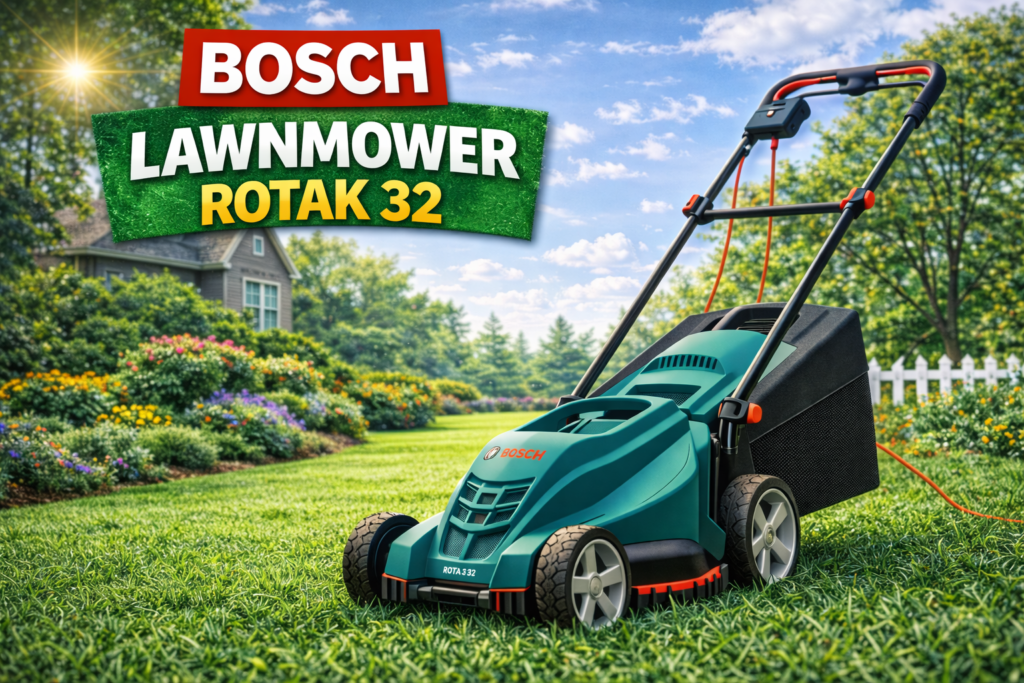Last Updated on December 29, 2025
The undesirable invasive plants that grow in your garden without your permission are called weeds. This unwanted plantation consumes most of the nutrients supplied to the flowers or crops and hinders their growth. So, you need to restrict these weeds to keep your plants healthy.
Fortunately, you can find the right treatment by identifying the weed. In this post, we will discuss types of garden weeds and some of the common UK weeds, so that you can differentiate them according to their appearance and characteristics.
Table of Content
What Are The Common Garden Weeds UK?
Where do Weeds Come From?
Most of the time weeds come into your lawn due to wind. Have you seen dandelion seeds? All of them are connected with a parachute so that they can travel a long way before reaching any landscape, which could be your garden.
Rain is another factor responsible for weed germination, especially on the edges. Rainwater brings all the weed seeds from driveways or sidewalks to your lawn. Birds are the third source of seed distribution. They eat some of the fruits containing seeds that are not digestible. So, the birds expel these seeds with their droppings.
How Do Weeds Grow in Gardens?
The weeds always want to grow and it’s the reason they are known as opportunist plantation. Some fertile soil and sunlight; they need only these two factors to thrive. But, the garden weeds UK can also survive without the sun. So, there are chances you might not notice them for a long time. If you fail in garden weeds identification UK, they will continue to grow and eat all the nutrients essential for the garden plants.
Annual Weeds Vs Perennial Weeds
Annual growths germinate and die within a year. On the other hand, perennial weeds survive for many years, even after flowering. Such weeds have strong underground roots that work as a food storage house in the winters. Hence, they come out of nowhere in the spring.
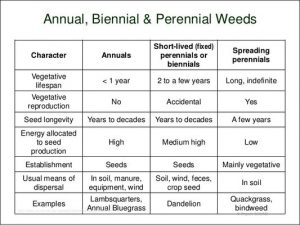
Perennial weeds are tough to tackle because you cannot pull them out due to their deep roots. Plus, they continuously shoot new stems. So, you need to remove these weeds without leaving a trace because even a small piece of root can lead to their regeneration.
Common Garden Weeds in the UK
Broad-leaved Dock (Perennial): Consume all the nutrients from other plants. Very hard to remove because broad-leaved dock can reemerge even after years or removal.
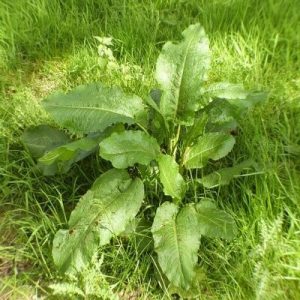
Common Chickweed (Annual): Tends to thrive in a cool climate (35-75 degrees Fahrenheit), one common chickweed can generate more than 2, 500 seeds.
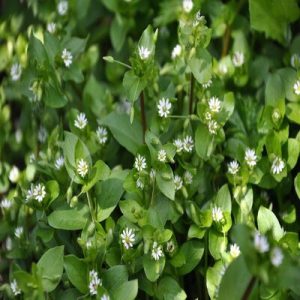
Couch Grass (Perennial): Grows below the soil bed and hence, it’s very tough to deal with couch grass. Its root shoots a new plant at every node. So, they eventually consume all the space as well as nutrients.
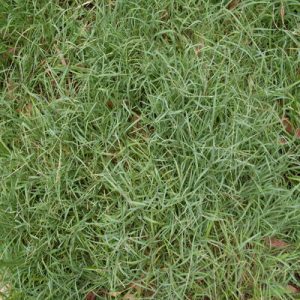
Creeping Buttercup (Perennial): One of the most common UK garden weeds, creeping buttercup grows fast, especially in wet soils.
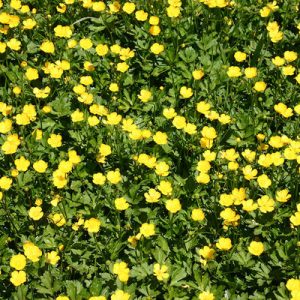
Dandelion(Perennial): Looks beautiful, but dandelions are expert in stealing nutrients from surrounding plants. Its seeds are very light, which allows them to fly with the wind up to 100 kilometers.

Field Bindweed (Perennial): Difficult to remove and one of the most common lawn weeds UK, Field Bindweed spreads rapidly using its strong and deep roots.
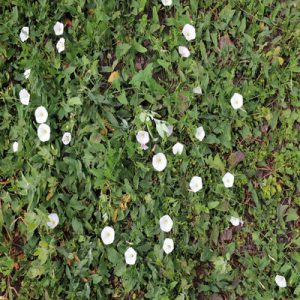
Benefits of Removing Weeds From Your Garden
What are the advantages of pulling weeds? You might think before putting in the efforts. Your hard work will not go in vain because removing weeds keeps your crops and plants green as well as healthy. How? Let’s discuss.
- More nutrition for your plants: Let’s suppose your lawn or garden is perfect for grasses and flowers because its soil is nutrient-rich. But, what if none of the nutrition reaches your plants? They will grow weak and might die. Weeds are the prime contributor to this situation because they steal all the nutrients including water, nitrogen, sunlight and leaves nothing for other plantation.
- Boosts pollination: Weed-free garden allows the plants to attract more pollinators and generate seedlings. Hence, the chances of survival increases for those plantations.
- Easy garden maintenance: Overcrowded garden hide pests that can spread diseases without your notice. After removing all the weeds, you can easily keep a check on the plants and soil to maintain a healthy environment.
- Create extra space for growth: Some of the weeds have invasive root growth that can interfere with the roots of your garden plants. These plants can grow only in the available space, which might never happen if weeds have already occupied all the area. So, plants can only thrive if the garden is free from unwanted growths.
Conclusion
Weed control is the most important part of garden maintenance. By identifying garden weeds UK, you can get rid of them before they spread throughout the area. So, weed removal is suggested once a week. We also recommend that you spent around 15 to 20 minutes every day inspecting your yard.

